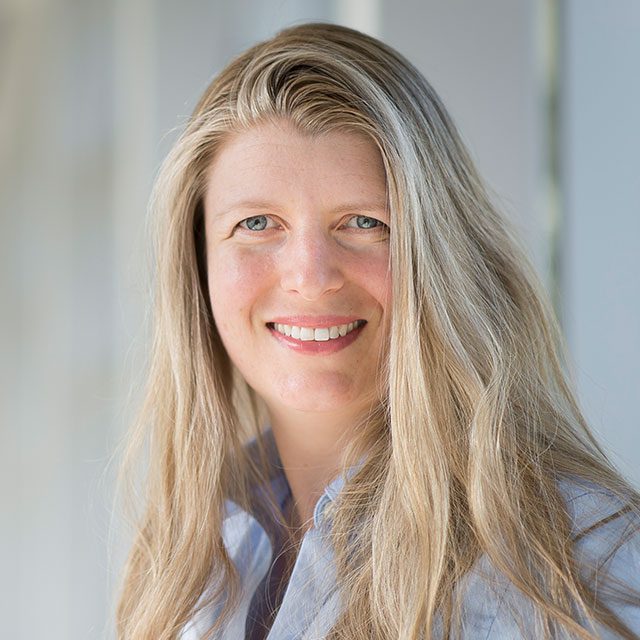Stage
Professionals in STEM
Key Obstacle
Culture of Exclusion
Goals
Create identity-safe interactions to foster a sense of inclusion
Realizing identity-safe environments
Women leave engineering at a much higher rate than men, often citing an unwelcoming workplace culture as a factor in their decision. Our prior research with engineers suggests that fostering inclusion, respect, and allyship between men and women can improve women’s feelings of identity safety. Additionally, improving awareness, understanding, and effort to reduce bias can help to create an organizational culture of inclusion. Workplace trainings are a key strategy for educating people about bias and strategies for inclusion, yet little is understood about their measured effectiveness.
How can we educate professionals about implicit bias in a way that fosters mutual respect, motivates allyship behavior, and creates a more inclusive culture in the workplace? Project RISE harnesses our understanding of implicit bias, intergroup contact, and social identity threat to create a more “identity safe” workplace culture.
Professionals in STEM
Culture of Exclusion
Create identity-safe interactions to foster a sense of inclusion
Project RISE: Inclusive Innovation tests new methods for enhancing inclusion at organizations using evidence-based strategies. Project RISE aims to create positive cultural change for professionals working in science and engineering by delivering workshops that:
The 2018 RISE Workplace Culture Survey assessed the culture experienced by women and men scientists and engineers across nine Canadian organizations. Our goal was to understand organizational culture at three distinct, but interconnected, levels:
Our research identified gender-inclusive policies, allyship, and implicit gender biases as key predictors of women’s fit and identity threat in the workplace.
Read more about our findings from the workplace culture survey
Project RISE: Cultivating Collaborative Cultures is a research partnership among social scientists, STEM experts, and organizational partners committed to fostering gender diversity and inclusion in science, technology, engineering, and math (STEM). These in-person workshops employed a randomized control trial design, the gold standard in research, to assess effects of an in-person, interactive half-day workshop on Inclusive Innovation compared with a parallel workshop on Influential Leaders.
Relative to the Leadership workshop, our in-person Inclusive Innovation workshop increases (1) participants’ ability to recognize instances of implicit gender bias, (2) awareness of their own gender stereotypes (especially among men) , (3) the belief that gender bias in STEM is a problem, especially among those most skeptical at baseline, and (4) the belief that men can be particularly effective at fostering inclusion through allyship.
Read more about our findings from the in-person workshops
Building on our in-person workshops, our Inclusive Innovation workshop is testing the effectiveness of delivering the RISE workshop in a 3.5-hour highly interactive virtual dyadic workshop with key outcomes measured before and after the workshop. Learn more about becoming a partner here.
Photo Credit: UBC Public Affairs
The Project RISE team combines expertise in the science of implicit gender bias, bias reduction, intergroup contact, diversity, and STEM outreach.




As part of our research, our team has created an allyship simulation that allows users to see the tangible differences that allyship can make on workplace experiences of gender discrimination and feelings of inclusion/exclusion.
Please use the below link to access the simulation –
Project RISE proudly partners with the University of British Columbia, University of Waterloo, University of Toronto, Simon Fraser University, Canadian Centre for Women in Science, Engineering, Trades and Technology (WinSETT), City of New Westminster, City of Port Moody, City of Vancouver, CloudArmy, District of West Vancouver, General Motors Canada, Institute for Gender and the Economy (GATE), McElhanney, Metro Vancouver, the National Research Council (NRC), Magnitude Simba Technologies, Teck Resources, Canada’s particle accelerator centre (TRIUMF), Engineers and Geoscientists of British Columbia, Engineers Canada, the Engineering Change Lab, Mining Industry Human Resources Council (MiHR), the National Network of NSERC Chairs for Women in Science and Engineering, the Society for Canadian Women in Science and Technology (SCWIST), and the Canadian Commission for UNESCO (CCUNESCO).




Sign up to our newsletter to stay updated about partnership opportunities and company news. We will include industry insights, advices and more.